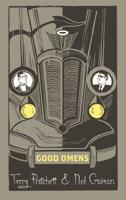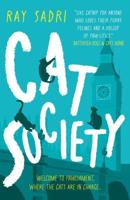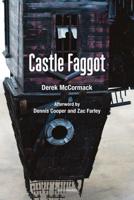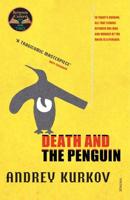Publisher's Synopsis
C. J. Jones's comic blend of fact and fiction about a small island safety-pinned to the coast of Wales. . . . . The story of Branwen is already famous across the world because of its place in the Mabinogion. She married Matholwch from Ireland in a splendid ceremony held at Aberffraw in a silk tent. Branwen's brother, Bran, was a man of such large stature as used to inhabit this sacred isle, that he could not fit into any house or building. It was necessary for him to carry a tent wherever he went for protection from the elements since there was not a dwelling that could contain him. Tragically, Matholwch, the man of Ireland, turned out, like so many of the scoundrels, not to be a good husband; treating his wife Branwen badly once he returned with her to Ireland and she was away from the aid and succour of her family, getting his servants to box her ears because he was often too tired to knock her about himself. After a time Branwen was obliged to send for her brother to come and sort out her husband. The huge Welshman was forced to wade to Ireland, being too big to go in a ship. He arrived in a bit of a chip due to wet feet and sodden clothes, and a fight broke out with the in-laws which got out of hand. One or two people were killed but fortunately the Welshman carried a stock of Celtic magic about with him in the form of a cauldron which could resurrect the dead, and once the drunken brawlers had been thrown into the pot and brought back to life a semblance of order was restored. Unfortunately during the fight, our hero, the giant Welshman, the like of whose stature has never been seen since, copped it by way of a poisoned spear in his ankle. Like all true Celts, our Bran was so distraught at the thought that he would never be able to talk again or see his home; he got his friends to cut off his head and carry it back to this fair isle. Such is the power of the magic air of his Celtic homeland, he was able to keep on talking and eating for eighty years after his death, or at least his head was since they left the body in Ireland. . . . . Just as the Tylwyth Teg never leave their own locality, my nephew, Dylan Jones's worst thing is crossing the bridge to the mainland. He once saw a television programme in which a suspension bridge undulated in the wind and cracked its road surface. He is terrified that one day the Menai Suspension Bridge is going to collapse under the weight of heavy traffic and it may be on the very occasion when he is travelling across it. My nephew is never happy until he is back on the island again. In vain I reassure him that the last time the road broke in the wind was in 1839 and that the bridge has undergone improvements in its construction since, and an increase in its weight-bearing capacity. It has stood for many years without mishap and the days when bus conductors had to ask certain passengers to descend and walk across the bridge, to lighten the load of the bus, are long gone. How they chose which passengers should ride and which should cross the bridge on foot in those pre-political correctness days I have not been able to find out. Whether it was totally based on weight considerations, the girth of one's belly, or whether they had regard to age, infirmity or gender in deciding who to eject from their seats I do not know. The White Knight in, 'Through the Looking Glass' tells Alice that he had completed a design, "To Keep the Menai Bridge from rust. By boiling it in wine." So far as I can ascertain, the iron chains were never boiled in wine although I understand that Thomas Telford had them boiled in warm linseed oil to preserve them, but it seems no more preposterous a suggestion to boil a bridge in wine than it does to hang a road up on chains across a vast chasm with a huge drop below it.










